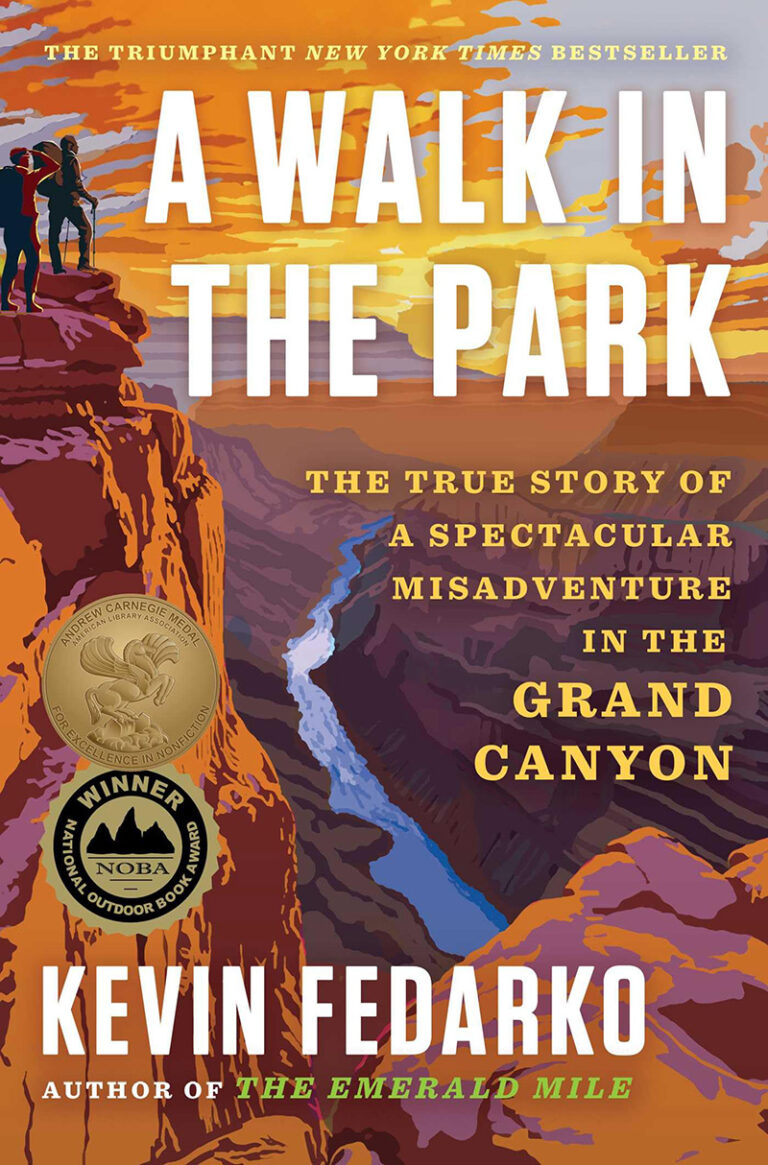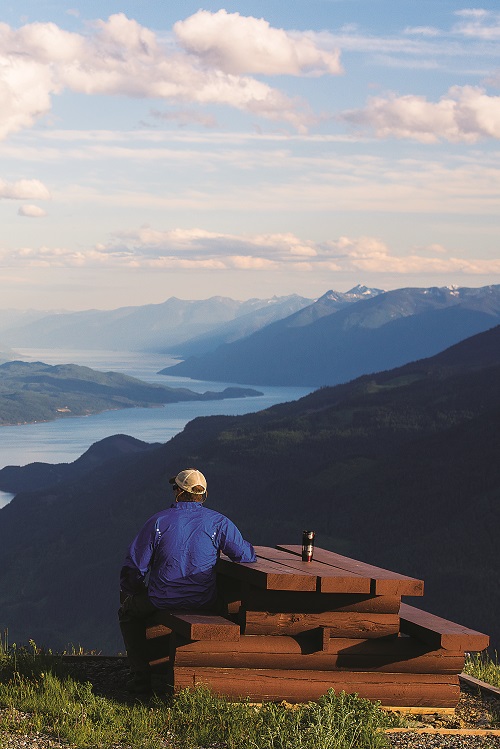If I were to be a literary critic, uneducated and misdirected in the matter, my shy-of-profound observations would be akin to my ignorant opinions of modern art: This is weird. What does that even mean? Be more like Hemingway, but less drunk.
For someone so literarily obtuse, I am, as I suspect many of you are, greatly influenced by the stuff. Whether we read Krakauer accounts or Alpinist magazine or the romantics of Herman Melville, it seems that literature and nature are undeniably interwoven. Indeed, many of America’s foremost conservationists have also been their formative authors (Thoreau, Muir, Douglas, Abbey, Comstock).
As a side note: I guess most of us only recognized the male names in that line-up. Let us briefly diverge.
Marjory Stoneman Douglas was a journalist and conservationist who fought tirelessly for the suffrage movement, civil rights, and conservation throughout her writing career. She wrote perhaps the most influential work on the Everglades with the opening line, “There are no other Everglades in the world.” Succinct and adept, her observations continue to inspire. She lived to be 108, probably because she only spent one year of her life married before she dedicated herself to broader interests.
As for Anna Botsford Comstock, her observations and drawings of nature are still the welcome prose of naturalists and outdoors-lovers, and probably stamped onto more of our stationary sets than we’re aware.
But this is not a piece about women writers or our overlooking of their voices, rather; It’s about Walt Whitman. And mountain biking. Sort of.
I picked up an antique copy (1966) of the 1855 version of Whitman’s Leaves of Grass last summer at a used bookstore in Willits, California. His name had been mentioned in a Wallace Stegner book I was reading as a passing reference to his moral dereliction. That being my favorite genre, and knowing only lines such as “I sing the body electric,” it seemed appropriate for me to pursue the lofty goal of reading his work in earnest.
I left him on the bookshelf next to Robert Frost’s New Hampshire for six months. Poetry is the algebra of literature. Not everyone is cut out for it. I am more baffled than impressed, but only because I lack understanding, not reverence. Eventually, line by line, like someone convincing themselves the water is not too cold, I slipped into the pages of prose until I was immersed.
What I discovered was a heretic who spoke my love language: drowning in the visceral reality of a solipsistic experience while surrounded by nature. Except when a kindred spirit or body appears to drench themselves in shared exploit.
“Do you guess I have an intricate purpose?
“Well I have … for the April rain has, and the mica on the side of a rock has.”
Whitman’s call to observation of what we are experiencing within our own bodies, or externally in our observations of the world surrounding us, was a radically premature affair with mindfulness and presence. The academia who will have much more educated opinions on the matter and say smart things about his influence on defining America, will stray only slightly from my own determination.
Whitman argues that selfish pursuits of observation (ahem: mountain biking, ultra running, sex) lead to compassion and equanimity. I couldn’t agree more (with myself, or Whitman).
You see, Whitman had the skill of keen attention not just to self and environment, but of their symbiotic and synergistic affect upon each other. Whereas we often navigate our day-to-day lives in rather a trance of reactive doing, one might argue our escape from this is in our outdoor pursuits. For brief moments, we, too, are keenly aware of our bodies (teetering precariously upon two wheels) and the interaction we have with nature (rattling over rocks, dodging a branch, the rivulets of last night’s rain).
What baffles me is how we are not guffawing at each of these incredible phenomena of the cosmos even as we calculate and respond to their influence every millisecond. Are we not a wonder indeed? And what of nature?
What I discovered in Whitman’s prose (this edition a conservative 12 poems—the final edition has over 400) is a reminder to open my eyes to the world I am in, both the body I inhabit and the tiny miracle of each cell, to the intermingling of flesh and spirit, to the very same qualities in all things around me, be they flora or fauna or a temporal profession of love.
I suppose you could peruse a page or two of Thoreau or Woolf before your next ride or run, but I suggest a few lines of Whitman to whet the palate to the wonders you’re about to witness. One seldom regrets a broadening horizon.
Ammi Midstokke’s forthcoming new book “All the Things,” is available for pre-order now at Latah Books. She is a regular contributor to Out There, and you can find all of her past articles at Outthereoutdoors.com.













